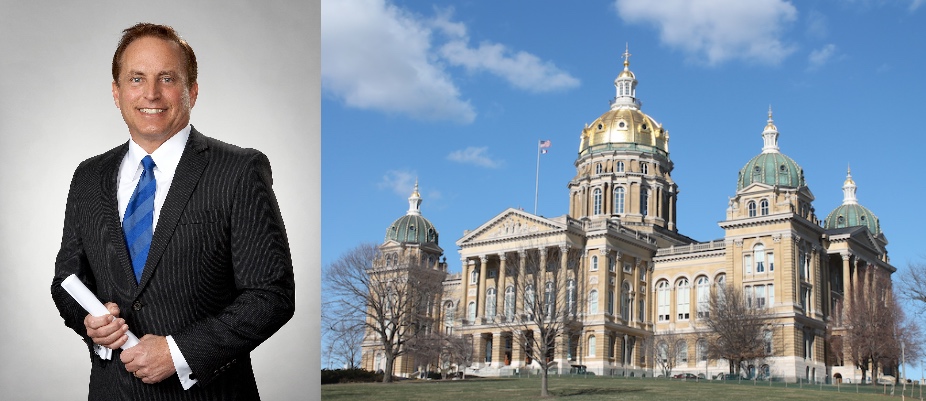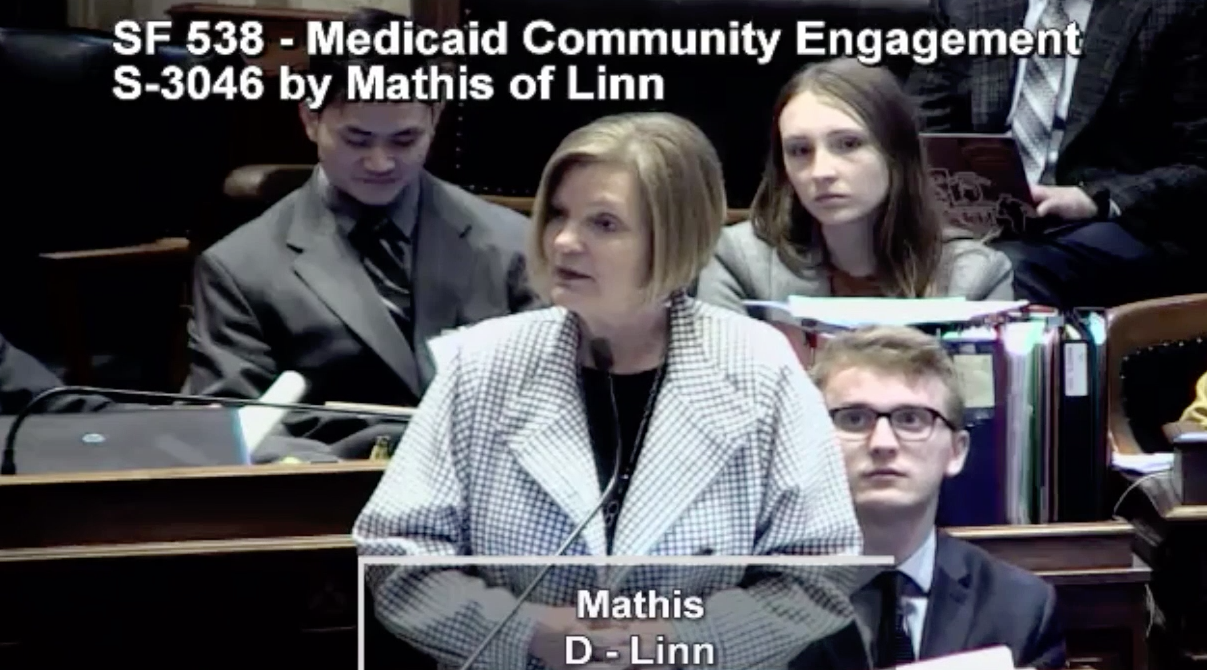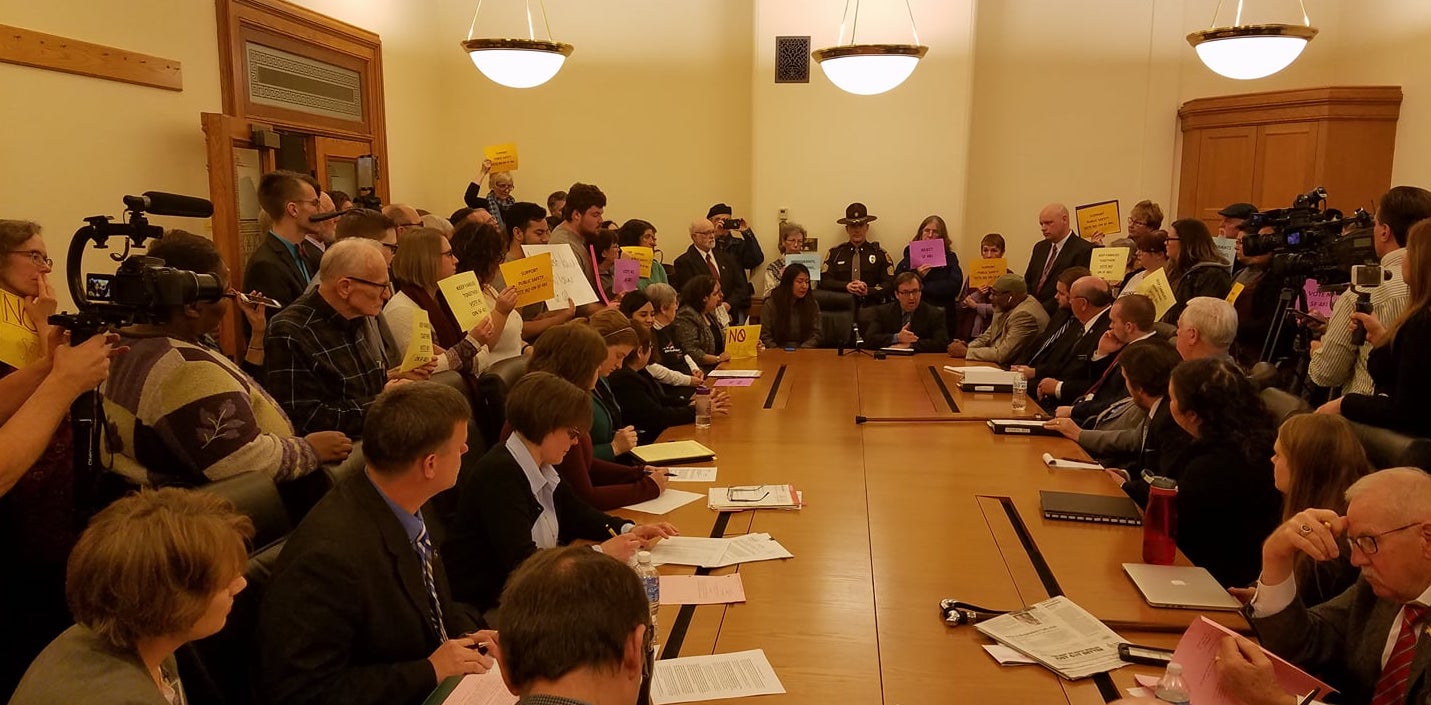Iowa Senate Democrats unanimously chose Rob Hogg today to serve as Senate minority leader during the upcoming legislative session. Amanda Ragan will be the new minority whip, and the incoming assistant leaders will be Bill Dotzler, Liz Mathis, Rita Hart, Joe Bolkcom, Matt McCoy, and Herman Quirmbach.
Six Democratic senators lost their re-election bids this month, including Mike Gronstal, who had served as either minority or majority leader of the caucus since 1997. Pam Jochum, who was Senate president for the past four years, will not be on the new leadership team. Ragan, Dotzler, and McCoy were among last year’s assistant majority leaders, while Bolkcom served as majority whip.
Erin Murphy reported for the Quad-City Times,
Hogg said Senate Democrats will speak on behalf of Iowans “who need state government to work” and attempt to prevent Republicans from implementing policies that could damage the state’s economy or adversely affect its residents.
“I’m hopeful we can stop Republicans from going down a knee-jerk, partisan pathway,” Hogg said.
I see no realistic chance to stop Republicans from using their large majorities in both chambers to head down that partisan pathway. Among their likely top priorities: cutting taxes so that most of the benefits go to corporations and higher-income individuals, gutting Iowa’s 42-year-old collective bargaining law, restricting abortion rights, ending state funds for Planned Parenthood’s non-abortion services, adopting the gun lobby’s wish list (“stand your ground,” “constitutional carry,” and/or open carry), and making it harder for Iowans to vote. Republicans will almost certainly need to reduce funding for education and a variety of social net programs, such as Medicaid and child care assistance, to pay for those tax cuts.
All Democrats can accomplish these next two years is to warn ahead of time how such policies will hurt the majority of Iowans, and to “document the atrocities” after Governor Terry Branstad signs the various harmful bills into law.
I enclose below a news release with more comments from Hogg. O.Kay Henderson’s profile of Gronstal for Radio Iowa is worth reading.
Continue Reading...


























